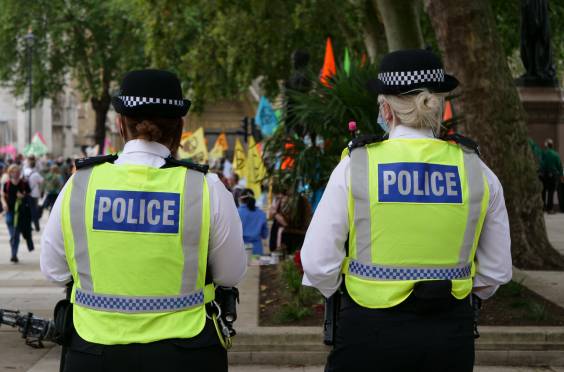Motoring offences: What is Exceptional Hardship?
Motoring Offences: What Is Exceptional Hardship?
Being disqualified from driving can significantly impact your ability to earn a living, support your family, and simply get out and about. Some motoring offences, such as drunk driving, come with an automatic licence disqualification if you are convicted. However, in many cases, the threat of disqualification arises because a person has been caught speeding or not having valid insurance. This has resulted in accumulating 12 or more penalty points on their driving licence within three years. If this has happened to you, a Magistrates’ Court hearing will be arranged, and the Magistrate/s will decide whether to disqualify you from driving for a minimum of six months. To avoid disqualification, you can argue that being unable to drive will result in exceptional hardship for you or people dependent on you.
What is exceptional hardship in relation to motoring offences?
If you are convicted of a motoring offence, for example, speeding, and this leads to you acquiring 12 or more penalty points on your licence within three years, the court must disqualify you from driving for six months. You can avoid losing your licence if you prove to the Magistrates’ Court that a driving disqualification would cause you exceptional hardship. As implied by the word ‘exceptional’, to succeed in avoiding disqualification, the hardship you suffer must be greater than what anyone who lost their ability to drive for six months would typically have to endure.
Guidance published by the Magistrates Association in March 2021 provides:
“The court must usually be provided with evidence that the exceptional hardship cannot be avoided by the use of alternative options, for example, if the use of alternative modes of transport is not viable in the specific circumstances. Therefore, an individual would only avoid a driving ban if the magistrates hearing the case are confident that exceptional hardship would genuinely be caused either to the individual or to others.”
Examples of exceptional hardship include:
• Disqualification would prevent you from caring for disabled and/or elderly relatives.
• You could lose your home or suffer severe financial loss or bankruptcy.
• You work in a role that provides care for others, and their well-being would suffer if you could not drive.
• Disqualifying you from driving could impact other people’s employment.
• You need to be able to drive to do your job; disqualification would negatively impact your dependents’ standard of living.
Can I argue exceptional hardship if I am convicted of drunk or drug driving?
Unfortunately no, exceptional hardship cannot be argued if you are disqualified from driving following a drunk or drug driving conviction. Your only option is to claim ‘special reasons’.
Special reasons that apply to drunk driving include:
• You only drove due to an emergency.
• Your drink was spiked.
• You suffered from reflux, the results of which were not distinguished in the breathalyser test.
• The distance you drove was short.
In the case of drug driving, special reasons include:
• Driving a short distance or for an emergency.
• Passively inhaling the drug.
• You did not know you had consumed the drug.
You will need to instruct a specialist Motoring Offences Solicitor if you want to argue special reasons, as the Court will only grant a reduction in your driving ban or choose not to apply a ban at all in the rarest of circumstances.
Can I appeal an exceptional hardship decision?
If your application for exceptional hardship is unsuccessful, you can appeal to the Crown Court. Your case will be considered on its merits, and you will need to instruct a Solicitor to present your arguments.
How can a Motoring Offences Solicitor help me argue exceptional hardship?
If you have never appeared in court before, the experience can be highly intimidating. There are strict rules concerning presenting evidence and how everyone must conduct themselves. An experienced Motoring Offences Solicitor not only understands road traffic law, but they are also familiar with court processes and procedures.
Upon instruction, your Solicitor will carefully listen to why being disqualified from driving will result in exceptional hardship for you or others. They will then prepare submissions and gather evidence, including witness statements, and present them in a procedurally correct manner.
Concluding comments
Proving exceptional hardship requires careful planning, strong evidence, and legal knowledge. A Motoring Offence Solicitor will assess the specific details of your case and provide expert legal advice and representation on how you can present a compelling argument for exceptional hardship. Your Solicitor will gather all the necessary evidence to prove exceptional hardship, prepare your case, and represent you at your court hearing. This will ensure you have the best chance of keeping your licence.
If you have any questions regarding this article, please call us on 0300 3732424. If you have been arrested and require police station representation, please call our emergency number 0300 373399.

